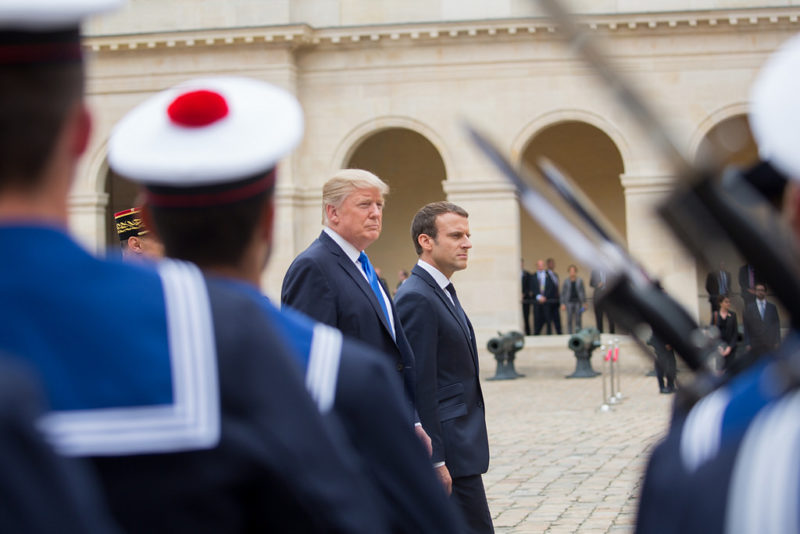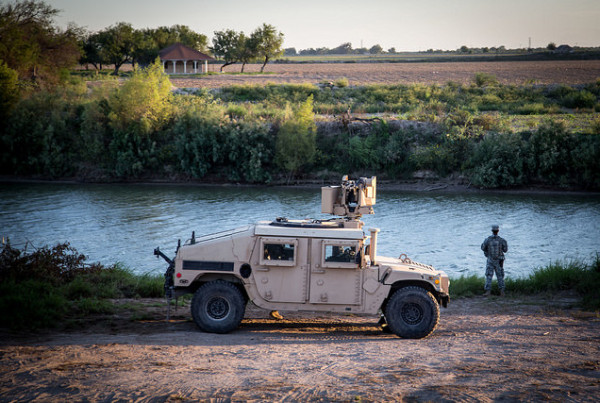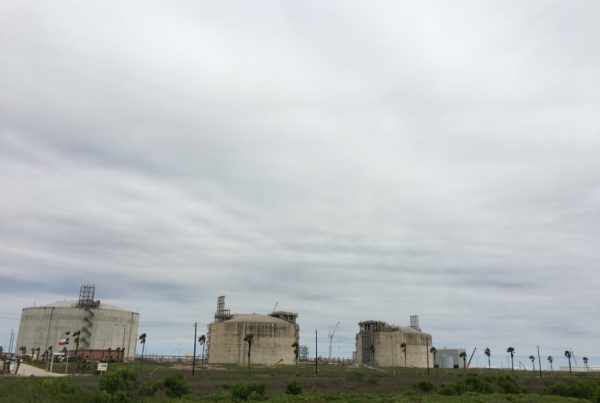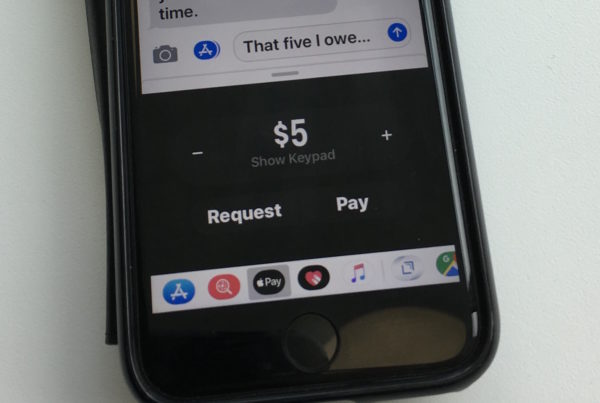Perhaps it’s not anymore a question of will we or won’t we, but rather a question of when. In this case we’re talking about a U.S. military response to the chemical attack in Syria. White House spokeswoman Sarah Sanders has said U.S. officials will hold Russia and Syria responsible for the incident. Russian leaders have promised to retaliate against any strikes on their ally Syria.
President Donald Trump tweeted Wednesday that missiles will be coming, but then Thursday morning, he tweeted “Never said when an attack on Syria would take place. Could be very soon or not so soon at all!” It’s unclear how the U.S. is planning to proceed.
Michael Mosser specializes in international relations and global studies at the University of Texas at Austin.
“Two days ago, it looked like we were ready to launch missile strikes against Syria in the same way that we were when we did this last year,” he says. “But now, it definitely looks like things are sort of ramping down a wee bit.”
He says another option for the White House is increased diplomacy, using a crisis communication link between Moscow and Washington.
“his was set up a few years back to do exactly what it’s apparently doing, attempting to cool tensions between the superpowers to prevent an actual Russian-U.S. conflict in Syria,” Mosser says. “Whether or not that’s working is anybody’s guess.”
If the U.S. responds with a strike, it likely won’t be alone.
“This particular strike, if and when it comes, looks like it’s going to be the three powers – the U.S., the U.K., and France. All three appear ready to conduct airstrikes or at least missile launches in a coordinated fashion,” he says. “Theresa May has called her ministers in for consultations. There’s no specifics, but it looks like they are in fact meeting to discuss.”
In France, he says, President Emmanuel Macron has unilateral authority to strike without legislative approval.
“It appears like an attack on Syria, if it comes,” he says, “will not be just an American unilateral attack.”
Written by Jen Rice.















